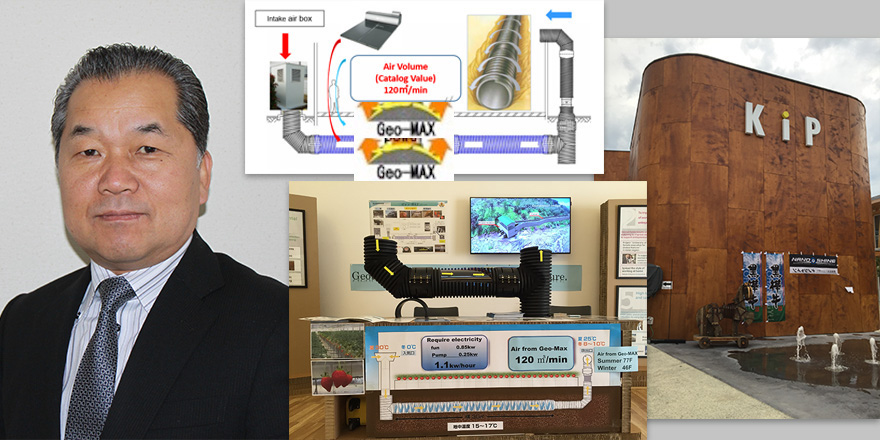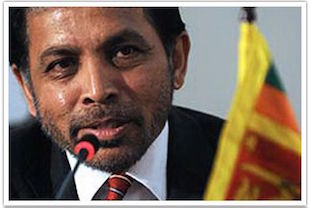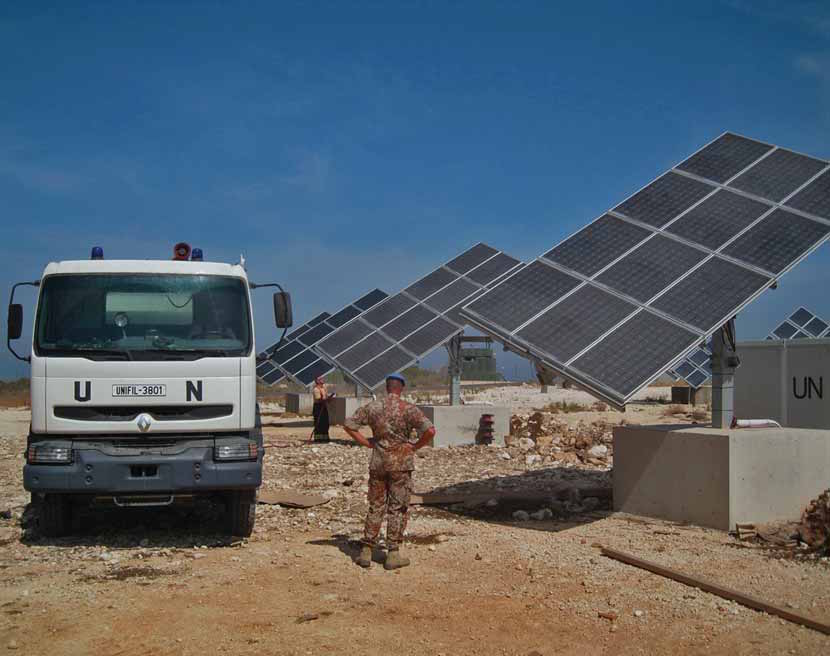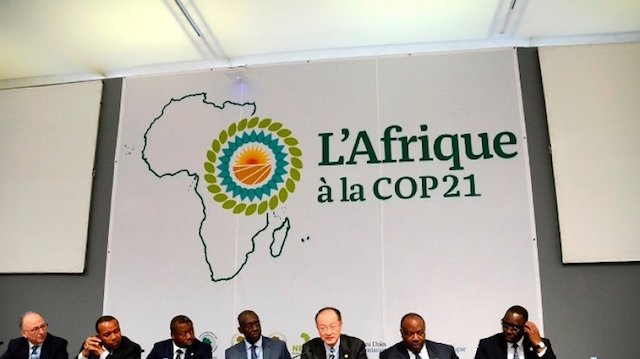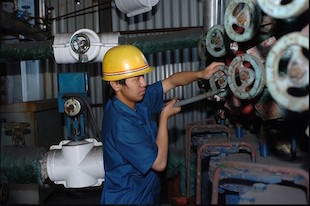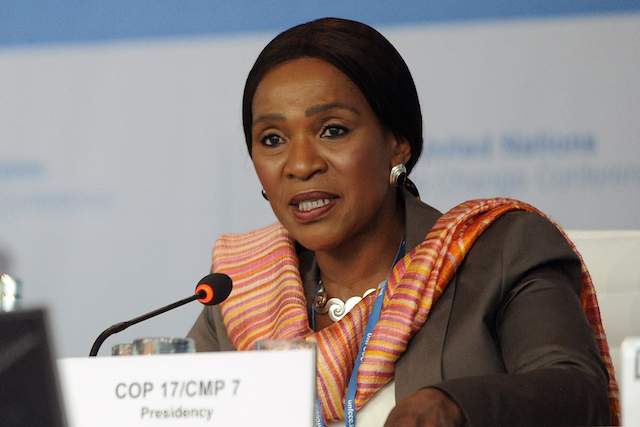BERLIN (IDN | INPS) – Doubling renewables in the global energy mix by 2030 is not only feasible, but cheaper than not doing so. It can save up to USD 4.2 trillion annually by 2030 – 15 times more than the costs, says a new report. Under existing national plans, the global renewables share would only reach 21 per cent by 2030. The report recommends options to boost the share of renewable energy in the global energy mix from just over 18 per cent today, to as much as 36 per cent by 2030.
Achieving this would increase the cost of the global energy system by roughly USD 290 billion per year in 2030, but the savings achieved through this doubling – thanks to avoided expenditures on air pollution and climate change – are up to 15 times higher than this cost, says the report by the International Renewable Energy Agency (IRENA) REmap: Roadmap for a Renewable Energy Future, released on March 17 at the Berlin Energy Transition Dialogue.



